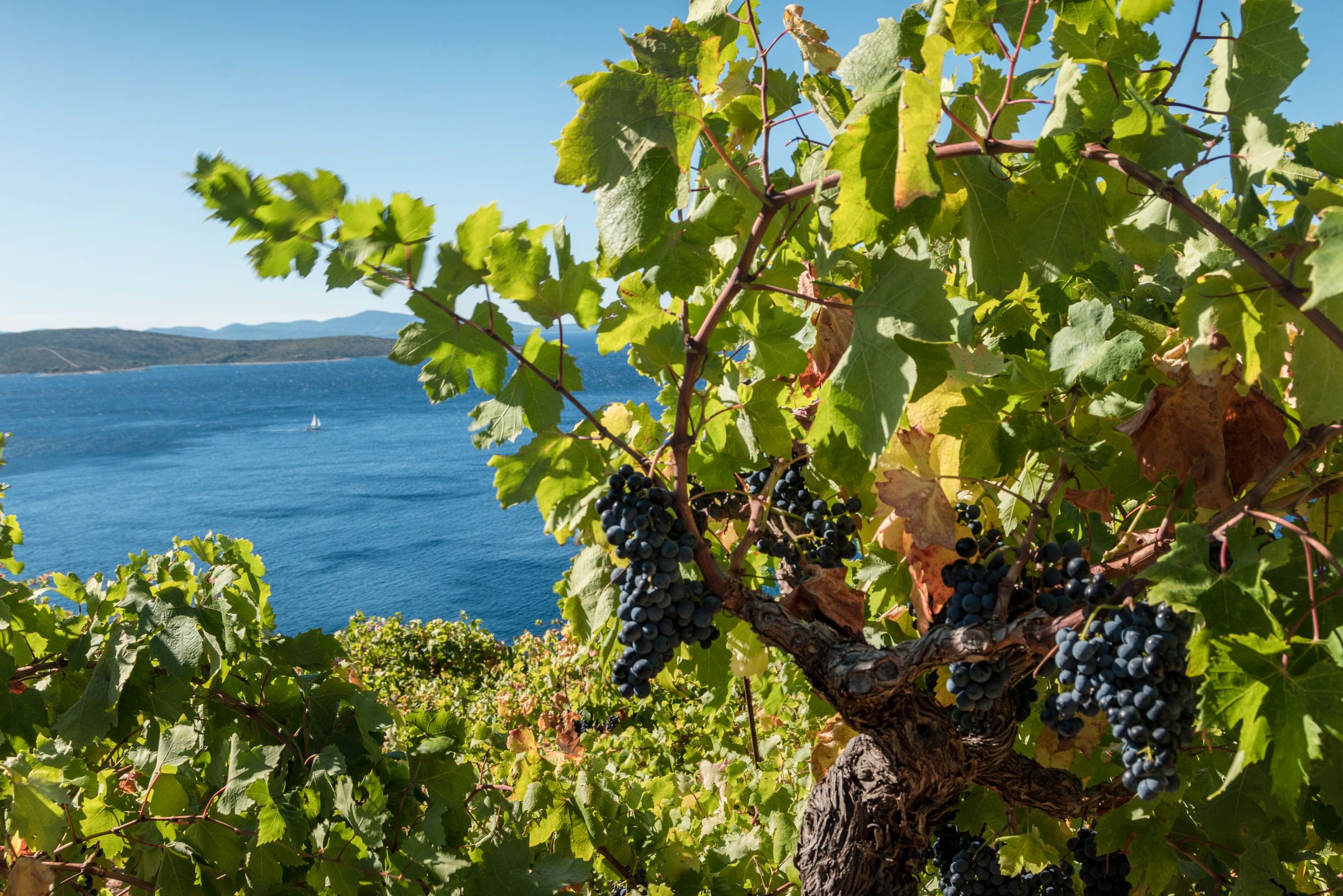September 12, 2020 - Although this is a practically new study programme conducted by the University of Split, it is no surprise that Mediterranean agriculture is a study subject, and it filled the enrollment quota quite nicely in the first term, Slobodna Dalmacija reports.
The coronavirus crisis shook everything to its core, and many decided to return to their roots, literally. Healthy food, domestic products, gardening, winemaking and horticulture all climbed high on the list of priorities.
The perception of domestic agriculture as the pledge of a healthy economy has motivated many young people in Croatia to decide to enroll in this study programme, which has two courses. The first is viticulture and winemaking, and the second is horticulture, which includes olive growing, fruit growing, vegetable growing and floriculture.

Some of the classes will be held on the Institute for Adriatic Crops and Karst Reclamation / Copyright Romulić and Stojčić
A three-year study programme
Students of this study programme qualify for a bachelor's degree, ie engineer of Mediterranean agriculture (univ. bacc. ing. agr.).
"During the three academic years, which is as long as the study lasts, our students learn a lot of professional things, go into details, and it is especially attractive for them that they have a lot of practical classes in successful agricultural companies. Now we have attractive spaces in the centre of Split, where students will have a lecture room with a view of the Peristil, and some of the classes will be held on the Campus and the Institute for Adriatic Crops and Karst Reclamation," says doc. dr. sc. Leo Gracin, Head of the Study of Mediterranean Agriculture.

Viticulture and winemaking is a popular course among the youth at the Mediterranean Agriculture study programme / Copyright Romulić and Stojčić
"Connecting the economy and higher education through the model of teaching bases enables the contact of the economy with future young staff. Agricultural resources in Dalmatia are very potent for growing crops. Knowledge is one of the segments that is necessary for success in the demanding market of agricultural products. The University of Split and the Institute for Adriatic Crops and Karst Reclamation will change the situation with its engagement,“ claims Gracin.
He says that there are a lot of young islanders among the new freshmen, and half of those enrolled showed interest in focusing on winemaking and viticulture after the first year of the study programme, which is the same for everyone, while the rest of the freshmen are interested in other modules.
One of the people who are proud of holding a Mediterranean Agriculture diploma is Tonka Nincevic, who is an employee of the Institute for Adriatic Crops and Karst Reclamation.
Radiant faces
She described her experience from the faculty on the official Facebook page of this young university component. After graduating from high school, like most prospective students, she didn’t know which study programme exactly to enroll in.
"I decided to follow the old saying: when you do what you love, you don't work a single day in your life, in this case when you study what you love, it can't be difficult for you. This proved to be true later while attending the programme. I've always been interested in nature and the living world around us," said this employee of the Institute.
She immediately knew that Mediterranean agriculture was the best option for her when she saw photos of the first generation of students standing in the orchard, vineyard, laboratory, in the field, in the lecture hall ... She claims that the study programme provided her with many interesting lectures, practical work, fieldwork, and work in small groups.
"Whether you see yourself tomorrow as an independent entrepreneur, an employee of a company, institution, or as a scientist, this study programme provides you with the foundation for everything," concluded Nincevic.

Illustration from Pixabay
For the latest travel info, bookmark our main travel info article, which is updated daily.
Read the Croatian Travel Update in your language - now available in 24 languages


